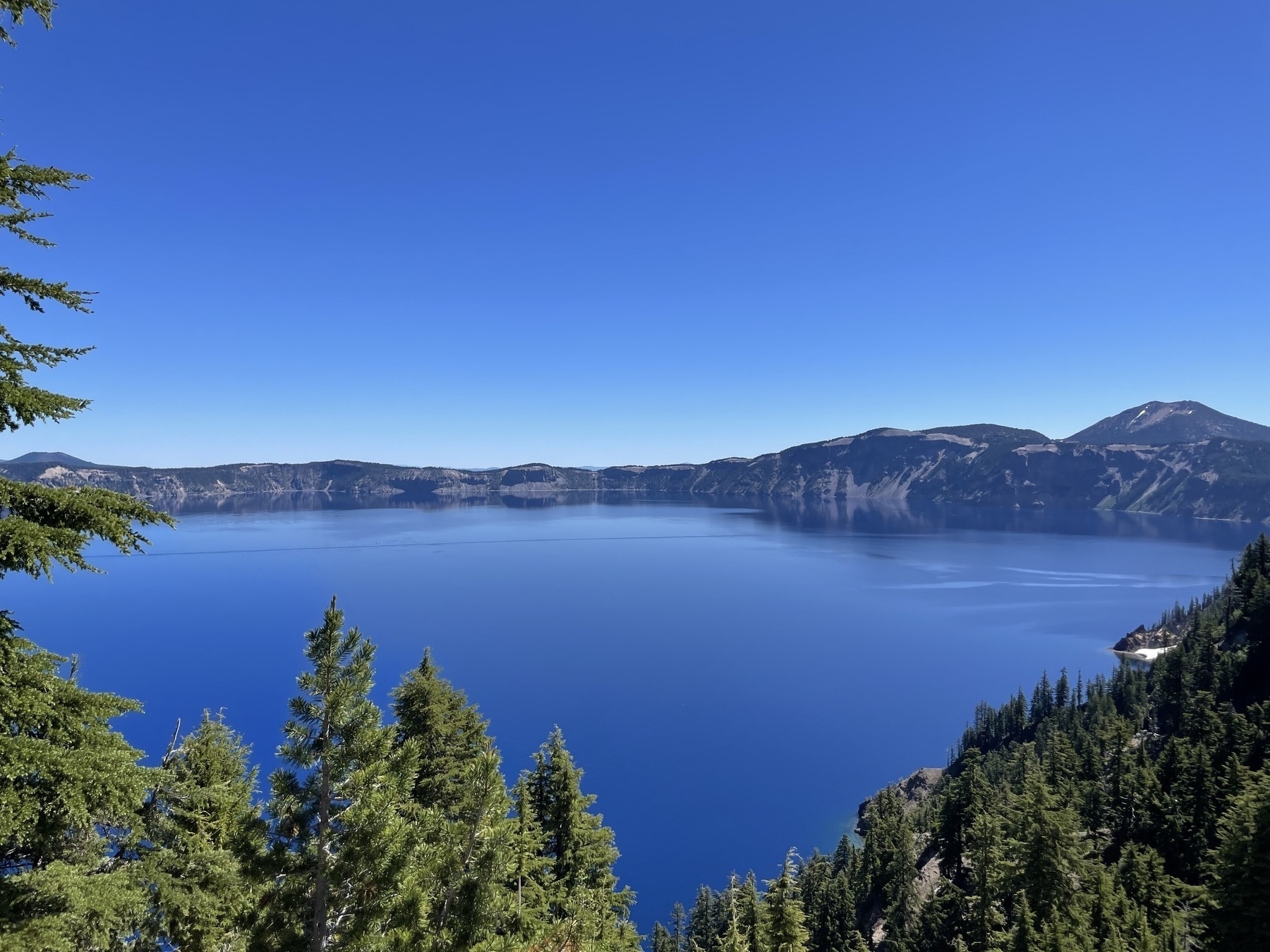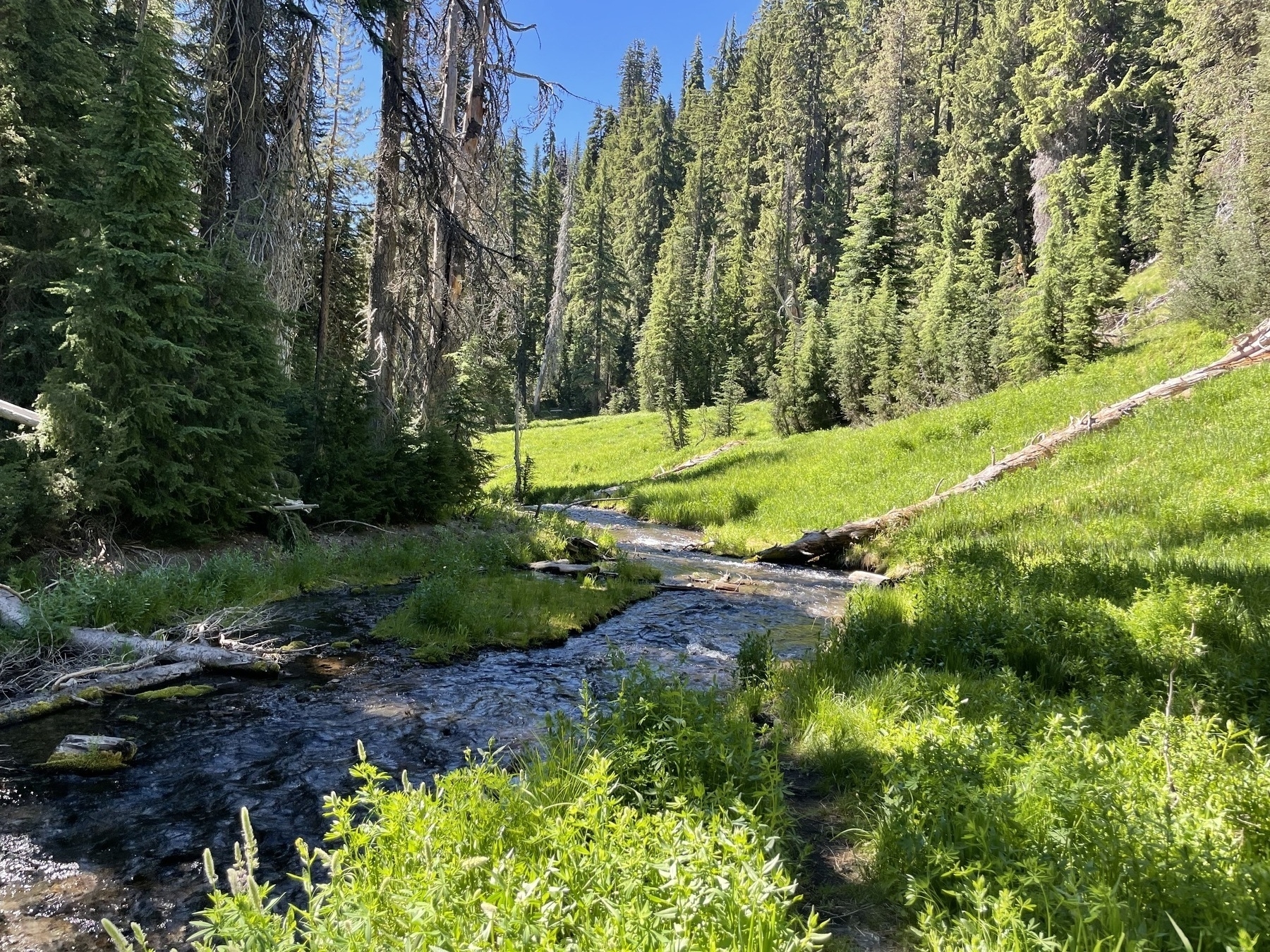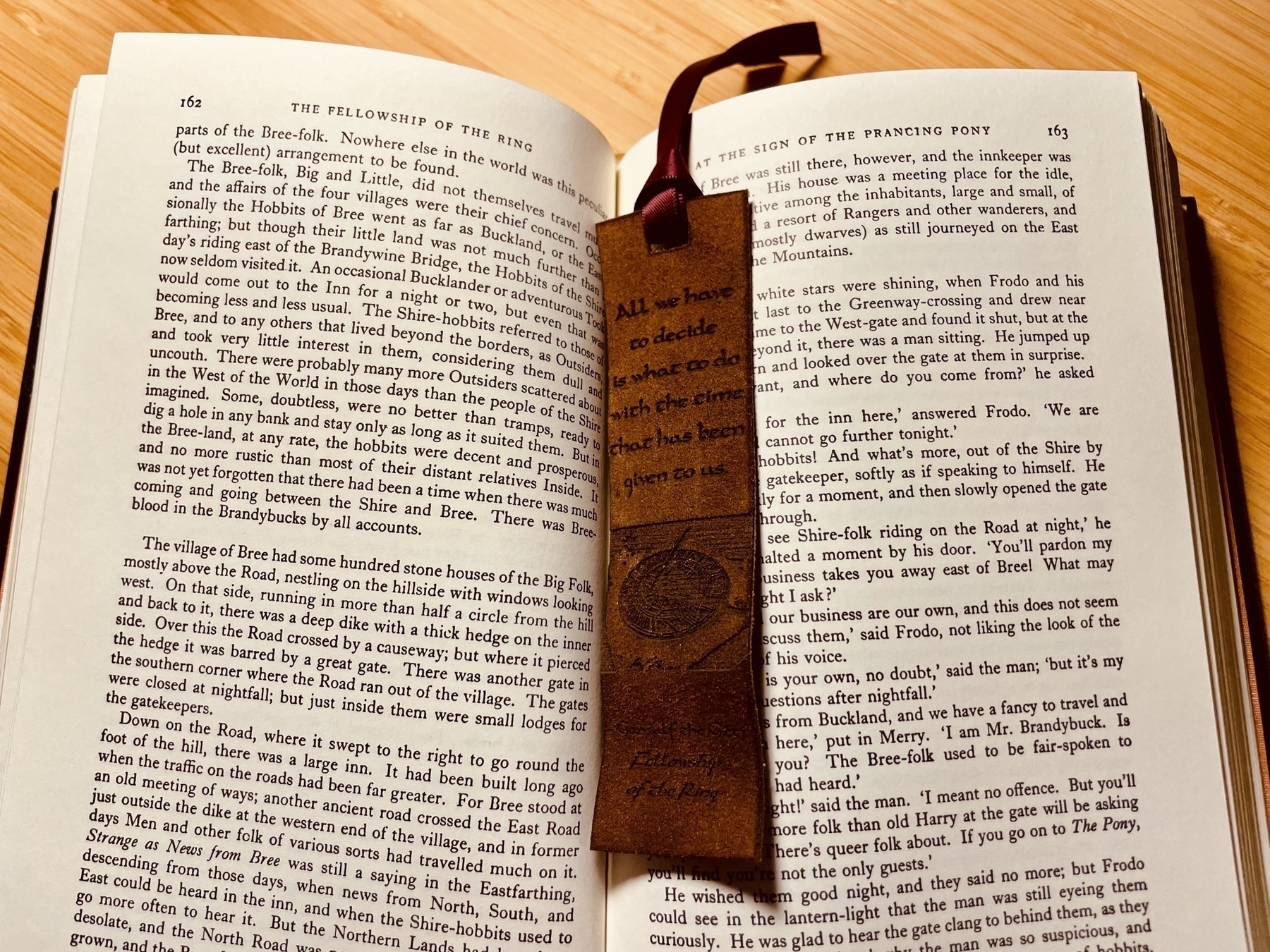
Currently reading: The Queen’s Gambit by Walter Tevis 📚

Currently reading: The Queen’s Gambit by Walter Tevis 📚

Finished reading: City of Glass by Paul Auster 📚
A strange meta-detective novel with an unreliable narrator who slowly dissolves into insanity. I followed maybe half of the literary and Biblical allusions. Not at all what I expected, but oddly satisfying.

Currently reading: The Age of Louis XIV by Will Durant 📚

Finished reading: The Age of Reason Begins by Will Durant 📚
My quest to read all eleven volumes of Durant’s Story of Civilization continues. Volume VII has returned to the shelf with hundreds of scribbles and notes and many, many exclamation marks. If you think the world is crazy now, you ought to revisit these darker times of wholesale human butchery, religious wars and inquisitions. This has been an eye-opening and hair-raising experience.

Finished reading: Here is New York by E. B. White

Finished reading: Demon Copperhead by Barbara Kingsolver 📚

Finished reading: Move on Down to Mexico by 📚

Finished reading: Real Tigers by Mick Herron 📚

Currently reading: Demon Copperhead by Barbara Kingsolver 📚

Currently reading: Real Tigers by Mick Herron 📚

Finished reading: You Like It Darker by Stephen King 📚
This is a wonderful collection of short stories and novellas by our generation’s master storyteller. I enjoyed every piece, but particularly liked Rattlesnakes, a sequel of sorts to Cujo. It’s meditation on the persistent grief of losing a child masquerading as ghost story. I’ve read most of Stephen King’s shorter works. This newest one tops them all.

Finished reading: Dead Lions by Mick Herron 📚
My second Slow Horses book and just as good as the first. There were a few more departures in this book frm the TV version, which kept me guessing. Herron is a talented writer.
I’ve seen so many beautiful postcards and photos of Crater Lake over my life. None of them, including this one I took today from the crater’s edge, capture the true beauty of this place. Yowza.

We’re one week into a six-week circuit from Arizona through Nevada and Oregon to Washington State, then down the coast through Oregon and California. We’re staying primarily in National Parks in our little self-contained RV, but we’re not rushing: three days at each stop. We’re at 6,000 feet elevation here at Crater Lake, but my lungs seem to fill more completely as I walk through these ancient woods. We’ve been in the Southwest now for over two years, and I didn’t realize how much I missed the trees, and streams and green of the Northwest. I’ve traveled a lot, but almost all of it was point A to point B: airports, conference rooms, dinners, homogenous hotel rooms, and jet lag. Did I really see all those cities?
Going slow, stopping often. This is the way to travel.

Currently listening: The Fellowship of the Ring: Being the First Part of The Lord of the Rings by J.R.R. Tolkien 📚
How could it be that my wife of 27 years, a bookworm like me, has never read The Lord of the Rings? We’re heading out on an extended roadtrip in our little RV, and we were struggling to agree on an audiobook for the journey. When I learned she hadn’t read these books, it was easily decided. I can’t think of a better story to complement a cross-country adventure!


Currently reading: Dead Lions by Mick Herron 📚

Finished reading: Remarkably Bright Creatures by Shelby Van Pelt 📚
I enjoyed the setting of the fictional small town on Puget Sound. I liked the premise of the story. I loved the octopus. But, in the end, the author was too young/naive to be inside the head of a grief-stricken 70-year-old woman. It would have been better had she let us imagine what she felt by her actions and words alone. Some big themes were drawn in magic marker when they deserved an artist’s paintbrush. ★★★☆☆

Finished reading: Consolations by David Whyte 📚
Ah, what a treasure. Two to three page poetic essays on 52 commonplace words or themes like Curiousity, Heartbreak, and Forgivness. I’ve been ruminating on this definition of Beauty for the past month:
Beauty is the harvest of presence.
Whyte often shared a take that surprised me, and sometimes changed my very paradigm of a long-fixed, but one-sided belief. I can see spending a year with this book, one theme per week, and digging deep, deep, deep into the purpose of life. This one is a permanent addition to my bedside table. ★★★★★

Currently reading: Remarkably Bright Creatures by Shelby Van Pelt 📚

A life’s work is not a series of stepping-stones, onto which we calmly place our feet, but more like an ocean crossing where there is no path, only a heading, a direction, in conversation with the elements. Looking back, we see the wake we have left as only a brief glimmering trace on the waters.